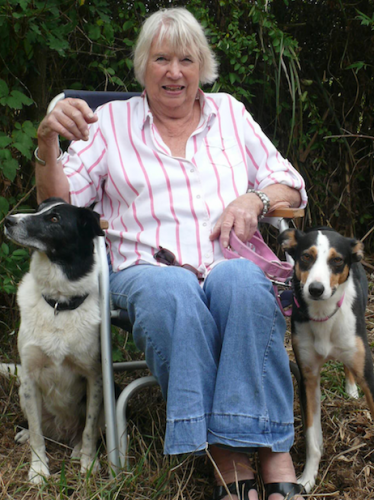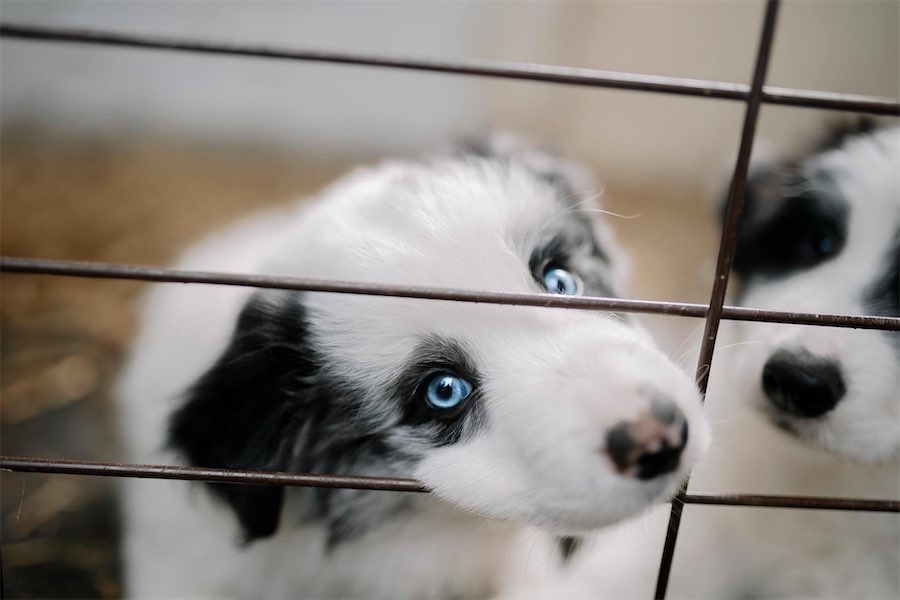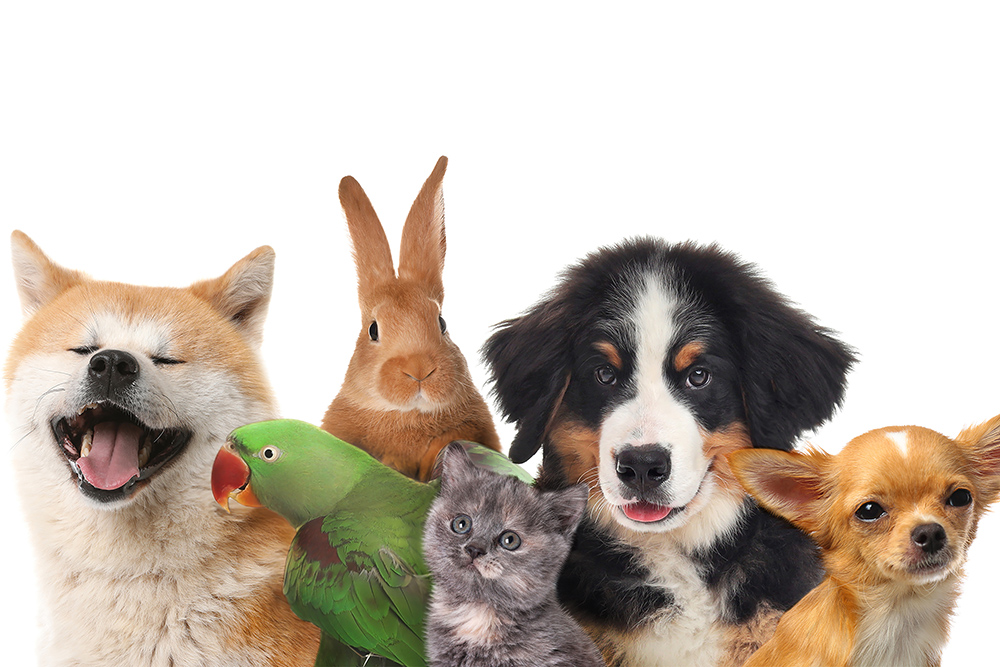SEVEN years ago, a friend of mine, then in her early seventies, unexpectedly lost her dog, the younger of the two she owned.

At the time some people advised Suzanne not to get another dog because of her age and especially not a puppy.
They reasoned the dog may outlive her and that a young pup was just too much for her to handle at her age.
Fortunately, she didn’t heed the advice and bought a seven-week-old Working Border Collie puppy.
Now, in 2017, her two cats and the older dog have since died and had she not taken the pup, she’d be alone. However, the young dog has grown into her faithful and happy companion. Better still, a couple of years ago a friend offered her another three-month-old pup, also a Working Border Collie, which she took.
These days, having survived severe kidney issues, she is on dialysis. Many friends helped her during the nearly four months she was in hospital and she is now back taking her dogs to weekly training in Yass and trialling them all around NSW.
The two dogs, Ella and Nina, are her constant companions, her major focus for many social activities and keep her connected and engaged with a wide and interesting array of friends, family and acquaintances.
All animals and humans live in multi-species communities. Only in the last 100 years or so have humans removed themselves increasingly from living in the company of other animals.
Living without animals may be more hygienic, less stressful, easier, cheaper or simply more convenient but it’s not normal.
Most humans naturally want to interact with and understand animals. Any doubts about that? Go and watch a petting zoo at a rural show. There are very few children who don’t like animals. More so, they want to touch, hold and interact with the feathered and furry animals on display.

Humans are very tactile; we like to touch and be touched. The desire for kind physical contact does not diminish with age, but the opportunities to do so do. Pets provide many people with the much-needed, unconditional companionship and non-judgemental affection that they should be receiving through family connections. We recently got a new midwest habitat cage for our guinea pig, he love it. Animals are great comforters and companions to humans. As we age we tend to lose more of our family and friends, pets, especially dogs, provide a wonderful connection with the rest of the community, not just because they get people to go for walks but they also provide a conversation starter and a light-hearted topic to discuss.
There is more acceptance now for pets in nursing homes and in hospitals. But we still have people denying themselves a dog or a cat because they fear the pet is going to outlive them or that they can’t travel if they have a pet.
As a community, I believe we should help people to have and to keep pets. Discuss your need for a pet with your family or friends to see if someone is happy to help mind the animal when you go travelling or if you are otherwise periodically unable to look after it. You may be surprised how many people are willing to help.
So far as I am concerned, our desire to want to live with animals is not a luxury but a basic human right.
Who can be trusted?
In a world of spin and confusion, there’s never been a more important time to support independent journalism in Canberra.
If you trust our work online and want to enforce the power of independent voices, I invite you to make a small contribution.
Every dollar of support is invested back into our journalism to help keep citynews.com.au strong and free.
Thank you,
Ian Meikle, editor




Leave a Reply